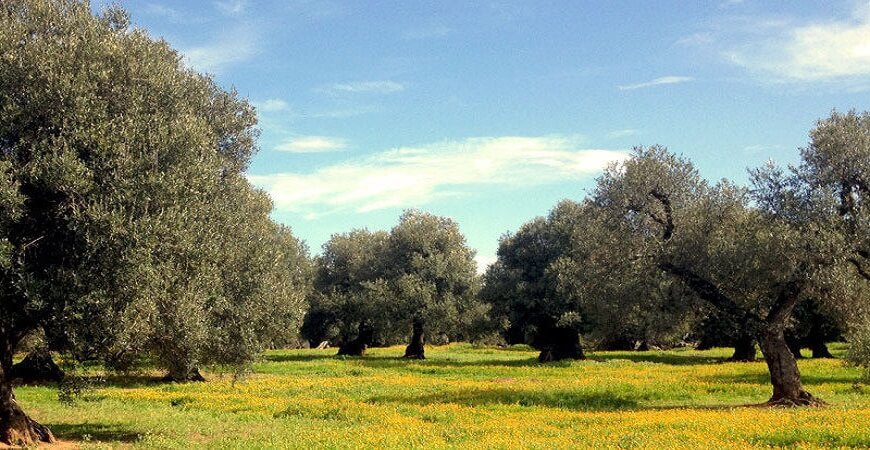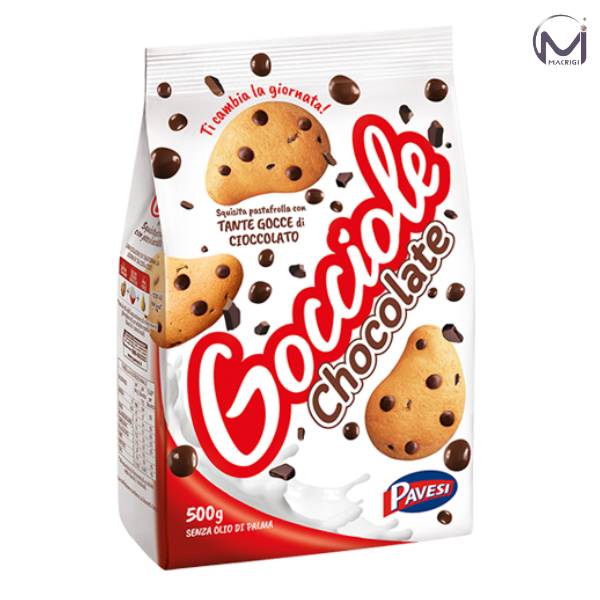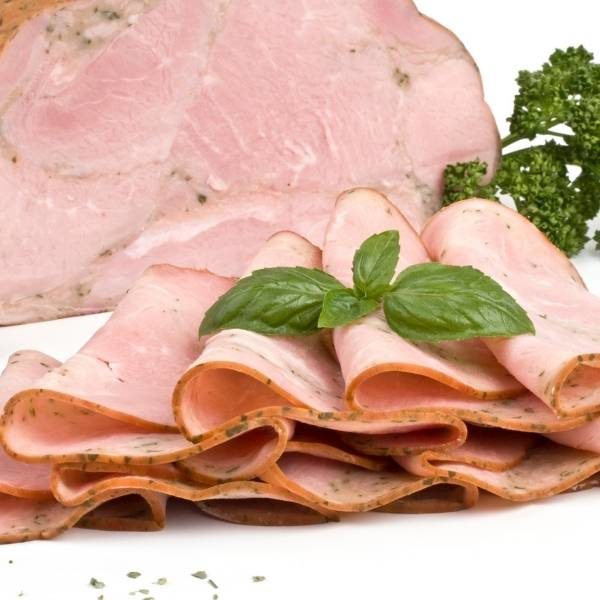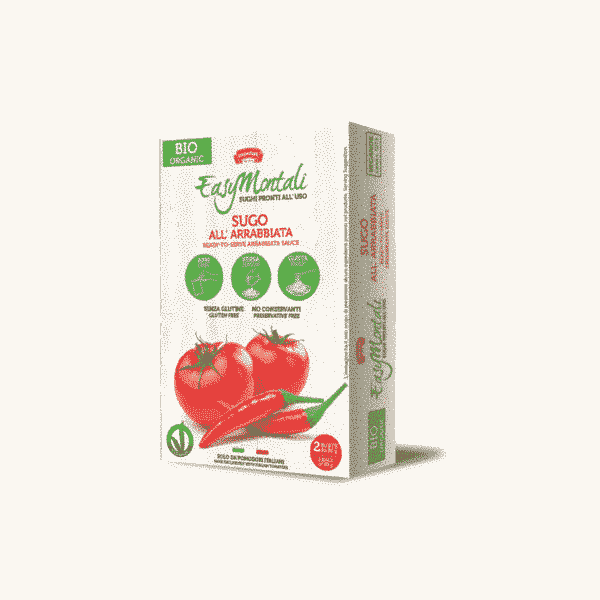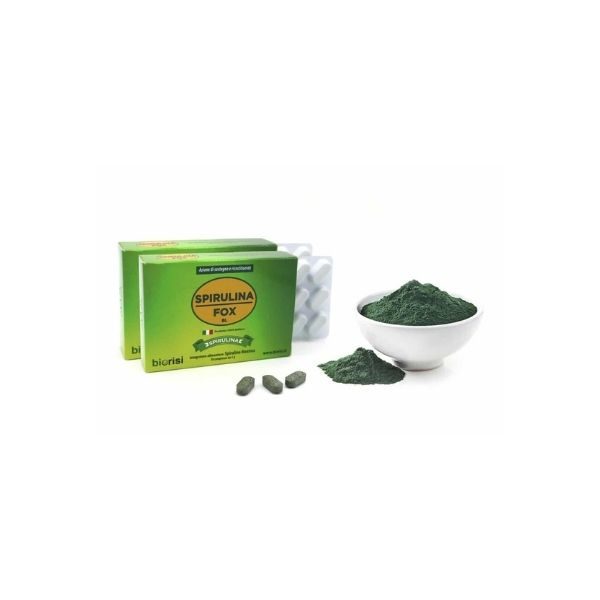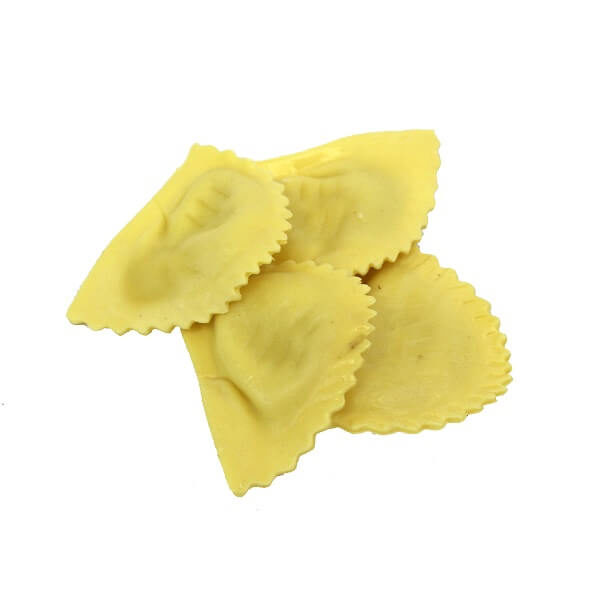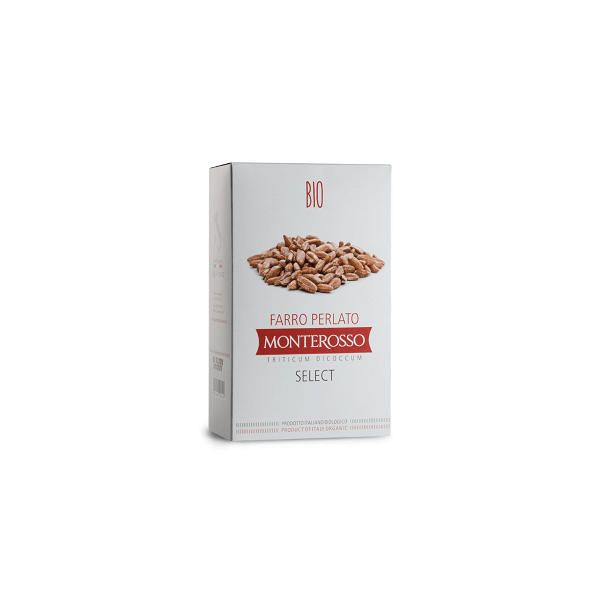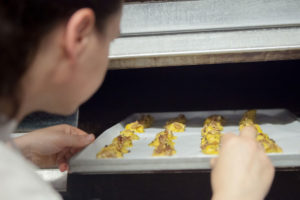History and location of our farm
Olive trees have always been part of the landscape of the Puglia region in the south of Italy. Embedded in a wild, Mediterranean cultural landscape, the olive groves and our farm Masseria Pietrasanta lie on a plateau of about 160 m above sea level. The farm, together with the olive groves and some vineyards, has belonged to the family since 1880 and has been managed from generation to generation since that time.
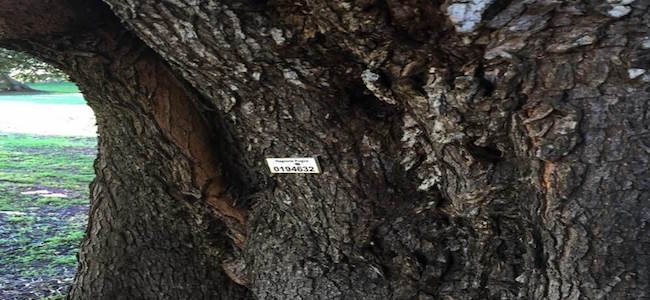
The olive groves are located at the foothills of the Torre Guaceto Nature Reserve with 1,200 hectares protected by the World Wildelife Fund (WWF). In about 5 km distance is the Adriatic Sea (Adriatic Sea). The estate includes up to 600-year-old olive trees, which are living monuments and provide a particularly high quality and flavorful olive oil.
Through our operation L’ESSENZA DI PUGLIA the products are distributed from our agricultural production. These currently include 2 olive oils and various wines from indigenous grape varieties.

Since this unique region will be seen as a gift to the people who live here, the farm has been farmed organically for several decades. Far away from genetically engineered agriculture with genetically modified plants or seeds.
In terms of management, we are guided by the conviction that the natural environment of the olive trees in this region must be known, preserved and maintained in order to maintain a high quality of olive oil. One goal is therefore to preserve biodiversity and to respect and protect the wild plants typical of this Mediterranean region. For myrtle, wild pear, broom, blackberry and thyme, for example, keep the dreaded olive fly away from olive trees. We also rely on natural measures such as regular plowing and premature harvesting, which eliminates the need for herbicides and pesticides.
ATTENTION : The prices are updated weekly and if you are a wholesaler you must register on our platform to see the prices dedicated to you

We are guided by the principle that a natural product is perfect without too many processing and must therefore be treated as gently as possible
Our olive oils are obtained exclusively from our own olive trees. In the period from October to December, the olives are harvested directly from the trees using mechanical vibrators. On the same day, the extraction is initiated to ensure the maximum freshness of the olives. In a gentle process, the fruits are then ground and then cold pressed.
In order to preserve the natural taste and aroma of the olive oil, it is not filtered, but subjected to decantation. This is a gravity process that preserves the valuable ingredients in the oil. As a result of these processes, residues may form on the bottom of the bottles. They are only a consequence of gentle oil production and proof of the high quality and naturalness of the product.
The storage of the oils on our estate until bottling takes place in stainless steel silos in an underground warehouse. This ensures ideal and constant climatic conditions, such as the temperature and humidity, through a natural environment.

Ogliarola Salentina is a mono-variety in organic quality. It is made from the olive variety of the same name, which is an ancient and indigenous variety from Salento.
One result of our strategy is the organic certification of the olive oil Ogliarola Salentina. The proof of certification can be requested from L`ESSEZIA DI PUGLIA.
Olio d’Alia is a Multocultivar. It is a blend of the olive varieties Leccino, Ogliarola Salentia and Nardó.
For both olive oils are product descriptions, in which also information on the sensors are listed.
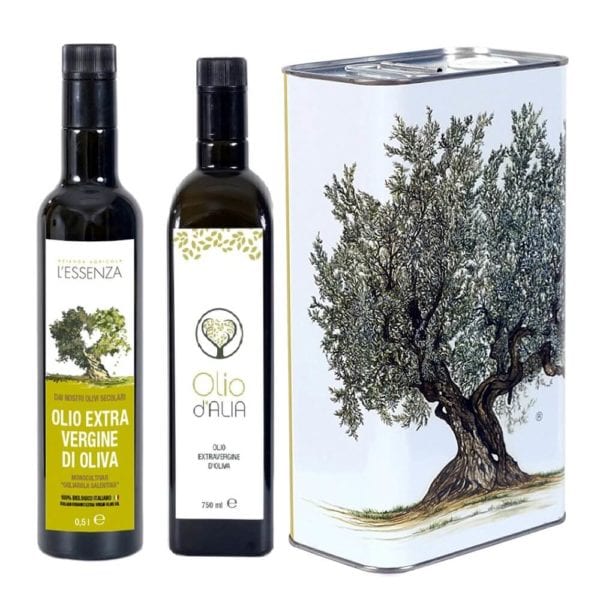
Our oils meet the highest quality standards and are thus extra virgin olive oils of the upper class. They are obtained, as described, from fresh olives and exclusively by mechanical means. For the oils, the prescribed chemical and sensory test reports are available.
Because of the high quality of the oils, they react more sensitively to cold. Olive oil should preferably be stored at 12 to 18 degrees Celsius. At cooler temperatures, the wax contained therein may crystallize or flocculate. At very low temperatures, components in the oil may freeze, forming small, white globules. Both physical phenomena are reversible, i. they turn back when the temperature rises. They, too, testify to the naturalness of the product and have no influence on the quality or taste of the oil.



















